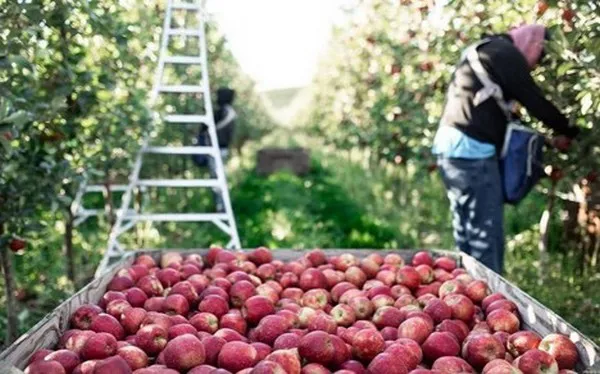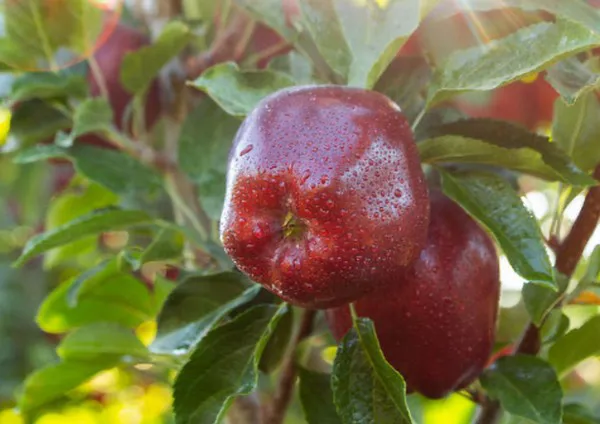Following last month’s move by Washington state officials urging the Biden administration to help remove or reduce tariffs on American apples imported to India--how are Washington apple growers and shippers feeling about it?
“I applaud the effort. However, it is most likely too late to make a major or immediate impact in the volume shipping there,” says Steve Reinholt, Export Sales Manager at Starr Ranch Growers.
Overall, on average, 30 percent of the apples, cherries and pears produced in the Pacific Northwest are exported. That said, the 2022-2023 apple season is one with a smaller crop and thus, there's not as much of a need to export the amount of fruit the state normally would. “Movement this season seems to be matching up pretty well with the volume we need to export,” says Reinholt. “We are still experiencing some freight-related issues. They have improved over the last couple of years but there are still some scheduling, transit time and reliability problems from time to time. The biggest freight-related concern is cost which skyrocketed over the last three years.”

Little shipping to India
As for India, today there’s only a small volume of apples being shipped from Washington--Reinholt says from the start of the season, the state’s entire industry has only shipped 12,500 boxes of apples to India. While India has a 50 percent duty on all imported apples, the U.S. was hit with an additional 20 percent on apples in 2018.
“That tariff is levied against the delivered costs in US$. So there is a huge multiplier effect when you take higher product costs as well as freight increases and a strong US$. You can see how that would make our products too expensive for the consumers in India,” he says. That means that much of the market historically covered by the U.S. is now being covered by Eastern European producers like Poland and Turkey as well as Middle Eastern countries like Iran.
As far as varieties, the Red Delicious variety accounts for almost all apple exports being shipped to India. Meanwhile in Washington, the overall volume of this particular variety has been drastically reduced, mostly due to below-cost returns to the growers.

The state of Red Delicious
“India is a market that has always been very price competitive. The Red Delicious was a cheaper apple which is one reason why it did so well there,” says Reinholt. “That former Red Delicious acreage has been replanted with higher value varieties that will be beyond the average Indian consumers’ ability to buy them. We are having some success with shipping other non-Red Delicious varieties and a repeal of the tariff would undoubtedly help that business. I doubt very much that we will be able to hit the pre-retaliatory tariff volumes in the foreseeable future.”
What about other export markets for Washington apples? Reinholt says there are not a lot of truly new markets to ship to. “Our industry has done a great job of figuring out what destinations can use our products and how to get them there,” he says. “There have always been shifts in destinations due to size of crops, costs, currency exchange and varietal changes.” Along with replacing the Red Delicious acreage with high-value varieties, the drop in business with India has also been partially offset by increases in places like Vietnam and Central and South America.
 For more information:
For more information:
Steve Reinholt
Starr Ranch Growers
Tel: +1 (509) 663 2191
[email protected]
www.starranch.com
